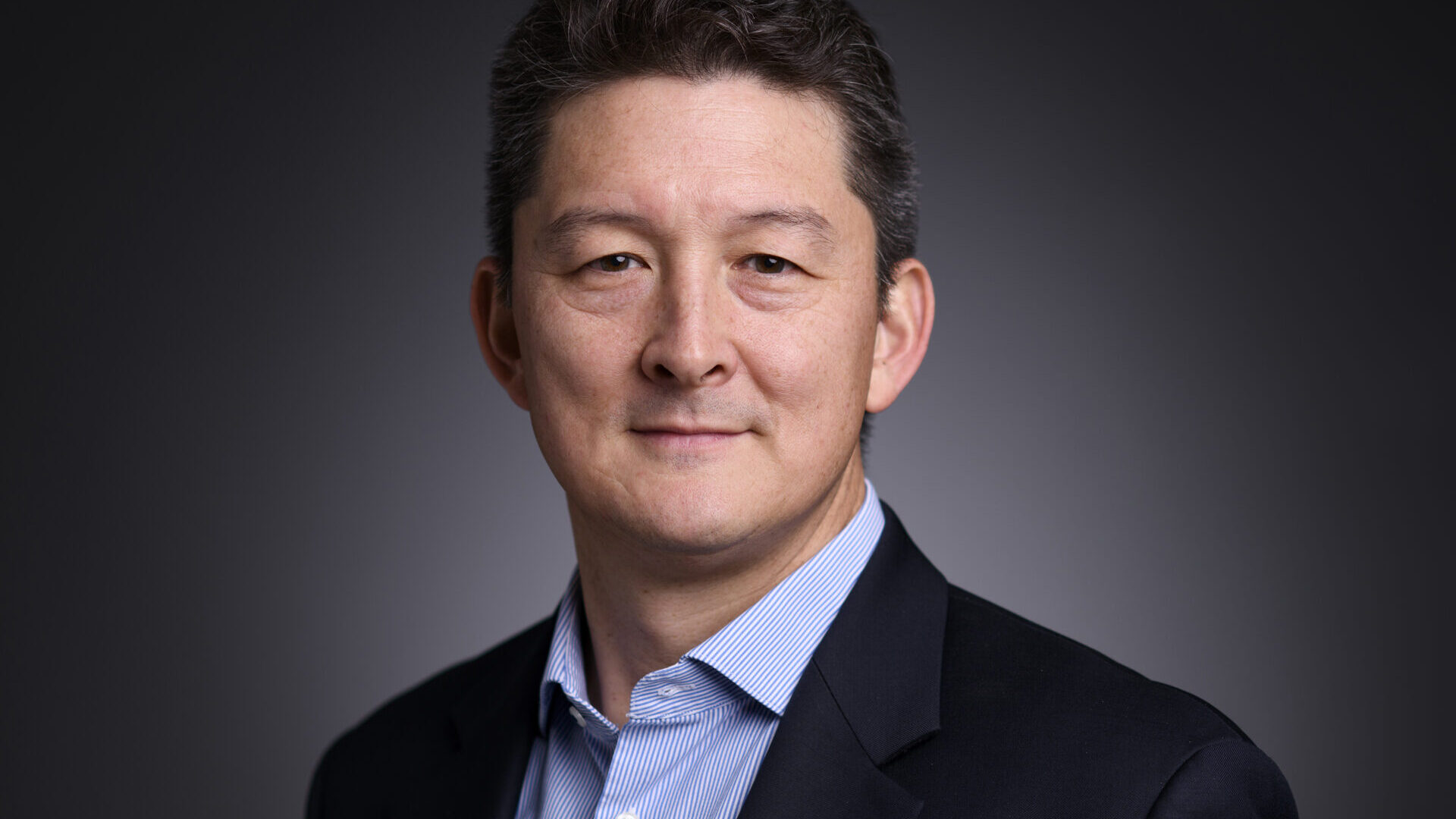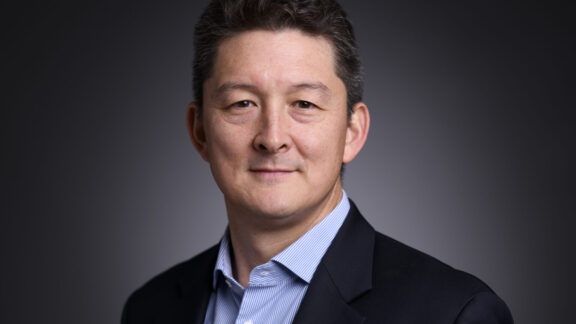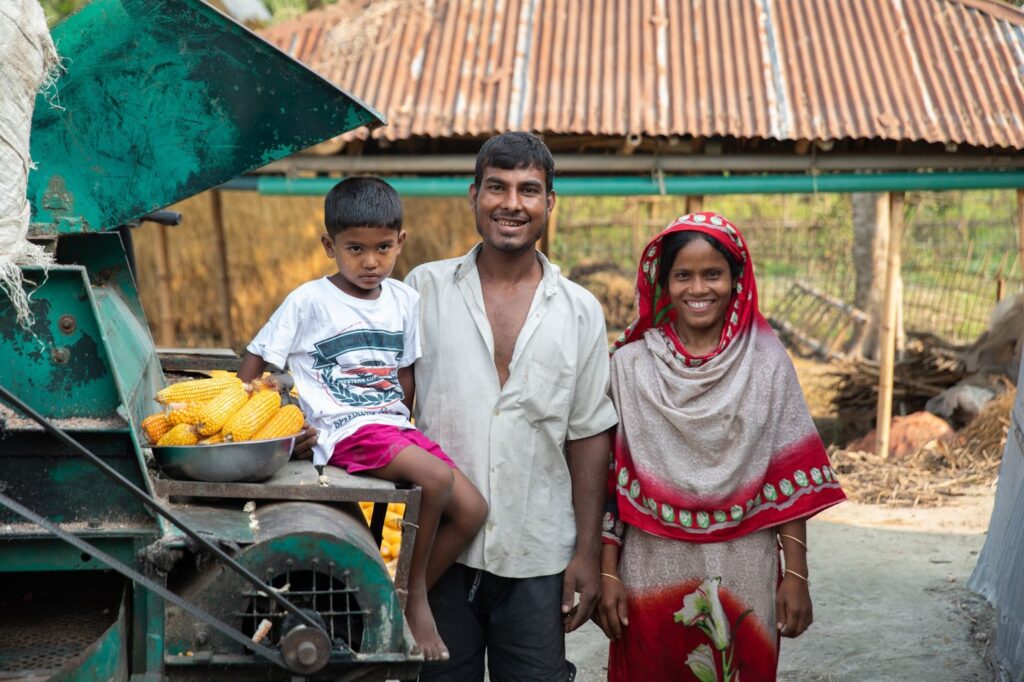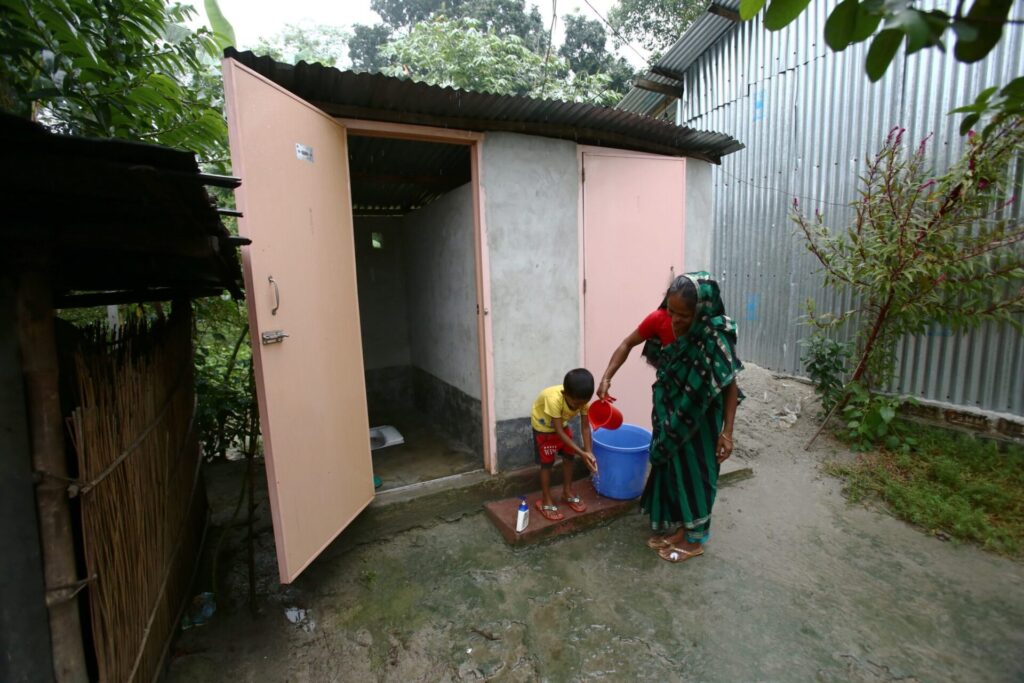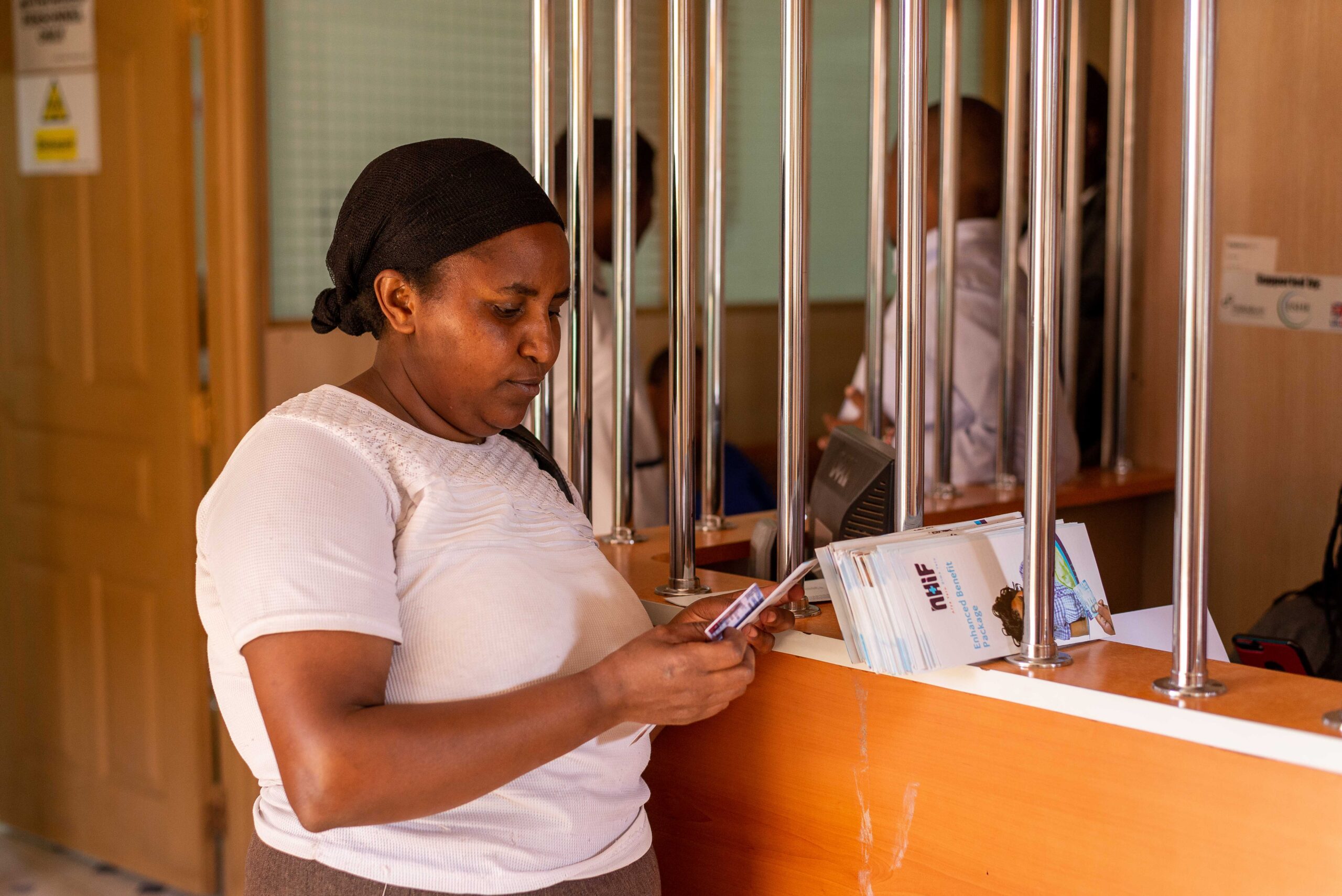By Greg Chen | Managing Director, BRAC Ultra-Poor Graduation Initiative
I am delighted to have joined BRAC UPGI as the Managing Director late in 2021. I have long been inspired by BRAC and its Graduation approach. For more than 25 years, I’ve worked to advance financial inclusion through microfinance and digital finance. I have a long history with BRAC, including serving on BRAC International’s Supervisory Board from 2019-2021.
As I take on this new challenge, the world is going through major transitions. In some ways the world may “bounce back better”. Nevertheless, aggregate extreme poverty levels are projected to return to pre-pandemic levels soon leaving a persistent core group of people living in extreme poverty underserved by existing systems. In short, they were left out before and after the recovery. Regionally, extreme poverty is increasingly concentrated in Africa and South Asia.
Despite concerns for extreme poor populations among these trends, there is reason for optimism. Over the course of 2021, we saw increased global action and collaboration around pandemic recovery and extreme poverty. Between April 2020 and June 2021, the World Bank deployed over $157 billion to protect people in poverty, support businesses, and save jobs, and help developing countries implement emergency health operations and strengthen economic resilience. We have seen a surge in social protection programs as 222 countries and territories had planned or put in place over 3,300 new social protection measures in response to COVID-19 by May 2021.
Following the 2021 International Development Association (IDA) negotiations, the World Bank announced the largest ever mobilization of IDA funds to help low-income countries respond to the COVID-19 crisis and build a greener, more resilient, and inclusive future. Civil society and practitioners played a critical role in these negotiations. The Leadership Collaborative to End Ultra-Poverty, a group of economic inclusion programming practitioners and academics including BRAC, joined 21 other organizations to submit recommendations based on their experience working directly with communities in extreme poverty. The IDA Deputies incorporated recommended language to commit to scaling up adaptive safety nets to ensure priority coverage for people living in extreme poverty and this language holds such institutions to account.
BRAC UPGI is dedicated to building on this momentum. Our vision to scale the Graduation approach through governments to reach 4.6 million more households has advanced. I am pleased to share that BRAC has made important improvements to meet these challenges. Our operational model has changed including a shift from being incubated in our affiliate BRAC USA to our primary operating entity internationally – BRAC International. This happened while Shameran Abed was elevated from a Senior Director to the Executive Director of BRAC International. I was joined at BRAC International by new executive team members Paul Taylor, Director of Country Portfolio; Claire Hutchings, Director of Monitoring, Evidence, and Learning; and Lindiwe Kabasa, Director of People and Operations.
During all this, our team has sustained in-country implementation in the Philippines, Egypt, and India, and began new work in Tunisia focused on developing participants’ holistic resilience to climate change. As part of the United Nations High Level Political Forum in July, we partnered with UNDP and the Permanent Mission of Nigeria to host a high level discussion along the margins of HLPF 2021 focused on the challenges in the way of reaching SDG 1 by 2030 as well as lessons learned from COVID-19.
As our team looks ahead to 2022, we have ambitions to scale Graduation work in a dozen countries, and to do so we will double our staffing this year. This would include hiring staff primarily based in Africa and Asia. We look forward to learning from our growth about how realities might present new challenges (and learnings) but also to find new opportunities to advance our work and open new doors. I look forward to sharing how we have advanced and the lessons we learn along the way.

